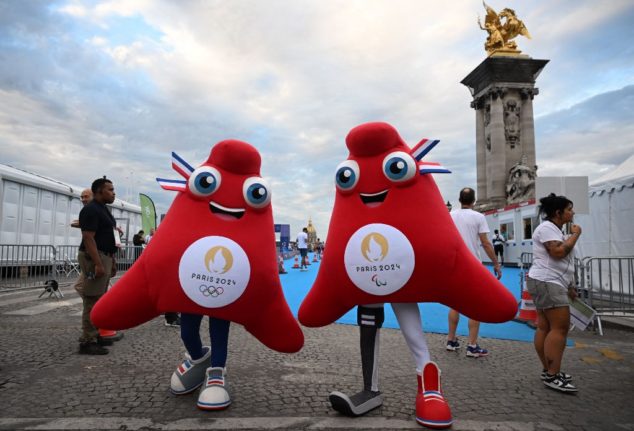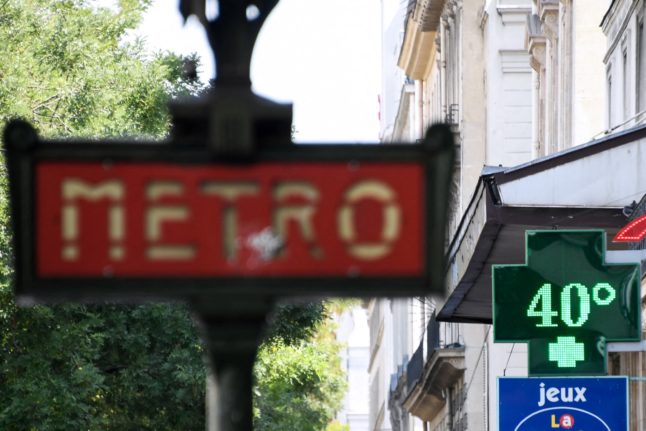The 2024 Paralympic Games, hosted by Paris, will run from August 28th to September 8th, and tickets will go on sale on Monday, October 9th, 2023.
Unlike for the Olympic Games, you will not need to register and enter a draw in order to purchase tickets for the Paralympic Games.
Instead, tickets will be available online, for all sports and events, including the finals. They will be sold on first-come, first-served.
In terms of price, tickets will start at €15. According to the official Paralympics website, about half of tickets available will cost less than €25.
READ MORE: Paris Olympics and Paralympics: How to maximise your chances of getting tickets
As for the Paralympic Opening ceremony, which will take place at Place de la Concorde, Le Parisien reported that tickets are expected to be more expensive, ranging from €150 to €700.
Up to 30 tickets per account will be allowed, and they are counted independently from your tickets for the Olympic Games.
You can also choose between other offers, like the ‘discovery pass’ which costs €24 and allows three to seven ‘Para sports sessions per day’ for the Paris Centre, or the six to seven ‘Para sports sessions per day’ for Paris South.
Families can benefit from the ‘family pass’ which will allow families to purchase two standard tickets and then two children’s tickets for just €10 per child.



 Please whitelist us to continue reading.
Please whitelist us to continue reading.
Member comments